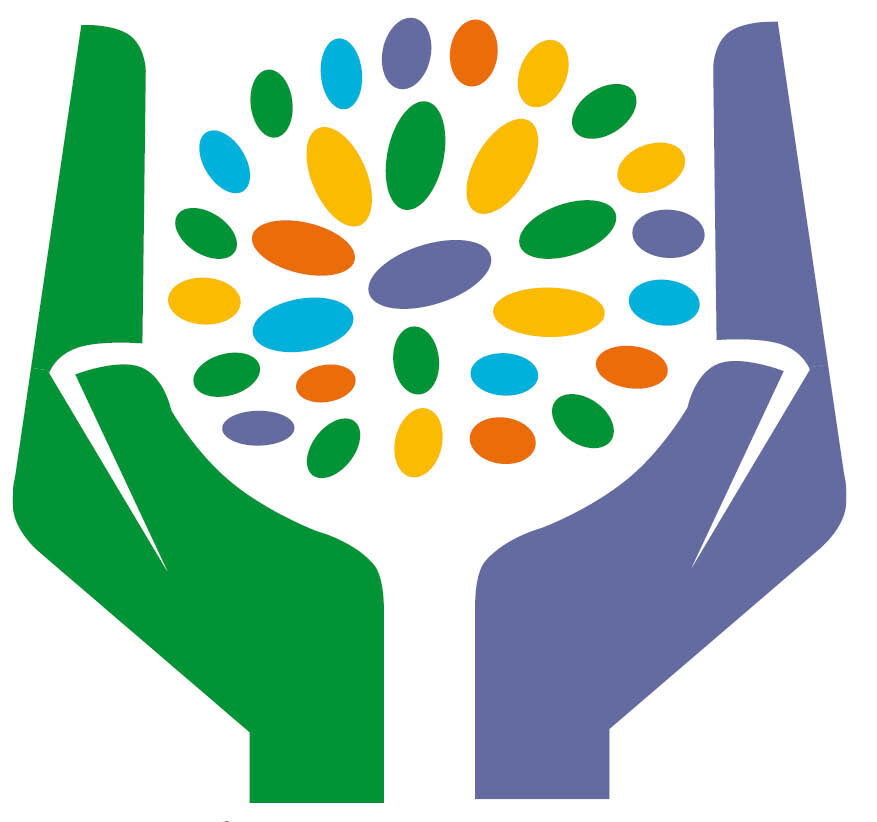Our curriculum ensures progression and continuity in learning for both groups and individuals. Children come to Gloucester House with varying levels of knowledge, skills and understanding and as such are baseline assessed on admission. Children are grouped according to their emotional, social and academic needs, and move through Gloucester House at varying time scales.
Children receive full time education in small class groups with a staffing level to support independence and maximise learning opportunities to their individual levels. There are up to a maximum of 7 children in each class with a teacher and a progress support worker; there is access to nursing support in and out of the classroom.
Our curriculum is designed to engage children who have significant barriers to learning due to social, emotional and mental health difficulties as well as special educational needs. All children follow the national curriculum but the style of teaching and the emphasis of the curriculum take account of the range of special educational needs.
We recognise the importance of raising a child’s self-esteem, improving their attitude to learning and developing their view of themselves as a competent learner. All children have ICP’s (integrated care plans) that include targets for behaviour and social skills as well as literacy and maths targets. These are reviewed and assessed termly with children and parents/carers. We also have weekly input from a speech and language therapist and an occupational therapist.
Maths and English take place each day, with the other core subjects timetabled throughout the week. We also offer the statutory required subjects of relationships, sex and health education and Religious Education within our PSHCE scheme of work. More information can be found on our curriculum page.
There is a strong emphasis on personal health, social and citizenship education (PHSCE). In addition to PHSCE based topic weeks, playtimes and lunch times are adult-led and focus on children’s social skills. The review and reflection time at the end of lessons and during playtime for some children is also part of this.
We also have circle times, school council and a community meeting to explore issues within the Gloucester House. There is a strong emphasis on children’s voice and responsibility within those meetings. Children co-chair, take minutes and are encouraged to bring agenda items for discussion.
PE including off-site swimming and well-being groups are taught as separate lessons.
Provision for children for whom English is an additional language (EAL)
The Senior Leadership Team are responsible for co-ordinating provision for pupils with English as an Additional Language (EAL). This may involve linking with referrers to coordinate assessment and provision.
Homework
The aim of the homework policy is to help develop an effective partnership between Gloucester House and parents/carers to promote learning at home as an essential part of their educational experience. This however is on an individual basis and depends on the needs of individual pupils.
Assessment and monitoring of progress
We have a range of formal and informal assessments. All children have ICP’s (Integrated care plans), based on behaviour and social skills, Literacy and Maths targets. These are reviewed by teaching and clinical staff who assess termly with children, parents/carers.
Daily targets
Children set two targets daily with the support of staff, one for their learning and one for behaviour. The targets also form part of our partnership work with parents and go home daily to parents, forming an important part of pupil records.
Pupil premium
Gloucester House does not receive pupil premium. The allocation is usually held by the borough the pupil is from and is subsumed into the placement cost. On the rare occasion we have received pupil premium directly we have used it to add value for pupil it is for -for example for equine therapy or other additional cost therapies offered.

